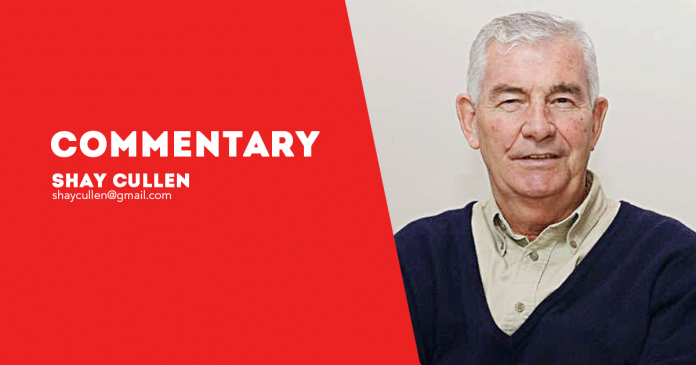
PUBLISHING the truth, revealing war crimes, atrocities, murders, and crimes against women and children and rights advocates are part of the onerous and sometimes dangerous work and duty of media people such as writers, journalists, publishers, editors, photographers.
Many journalists are courageous, fearless and pay the ultimate price for revealing the truth about corruption and serious wrong-doing by police, military, politicians and business people. Frequently, there is retribution for those with the courage to expose evil.
It is reported that 45 journalists were murdered around the world in 2023 alone. The worst year was 2012 when 147 writers and journalists were killed for their work reporting the truth. In 2022, four journalists were murdered in the Philippines. This brings it to a total of 140 Filipino journalists killed between 2000 and 2022. The Philippines is one of the most dangerous places to be a writer or journalist.
Retaliation for reporting the truth is not uncommon. This past week, the long-drawn-out confrontation between the United States prosecutors and Julian Assange, 52, publisher and free speech and human rights advocate, came to an end.
Julian Assange founded Wikileaks which is an on-line “Drop Box” that welcomes any sensitive secret information, which is then published on the Internet for all to see, read and republish if they dare.
The biggest challenge to Julian Assange came when the Wikileaks “Drop Box” became overloaded with videos and hundreds of US secret documents on the war in Iraq. In April 2010, he uploaded the classified information that the US intelligence community was keeping secret from the world.
It showed the shocking video of a US attack helicopter swooping down and opening fire on civilians, killing 11 of them, among them two journalists. Then, the same helicopter attacked a vehicle van that came to help the wounded people. That and other incidents of alleged war crimes started a huge media outrage against the atrocities.
The United States military intelligence agencies were understandably outraged that their military could do such atrocities and the camera didn’t lie. Wikileaks founder Julian Assange was blamed for making it public.
That same year in July 2010, Wikileaks published as many as 91,000 secret US military documents on the war in Afghanistan. Its exposure showed how weak was the security guarding state secrets. So, US prosecutors and intelligence agencies made Julian Assange the number one target.
Then Wikileaks released another 400,000 more secret US documents. They contained secret diplomatic cables and the history of the war in Iraq, including alleged war crimes. That sparked a renewed effort to extradite him, convict him and to deter others from doing similar.
He was in the United Kingdom and was served with 18 criminal charges by the US prosecutors. They wanted him to be extradited to the United States to stand trial where he would face life in prison or the death penalty under the Espionage Act of 1917.
He and his many supporters fought the extradition request, claiming that the United States could protect national security classified secrets but not hide evidence of war crimes and atrocities by its troops. The public had a right know to the truth of crimes committed in their name, they said. (To be continued)/PN



